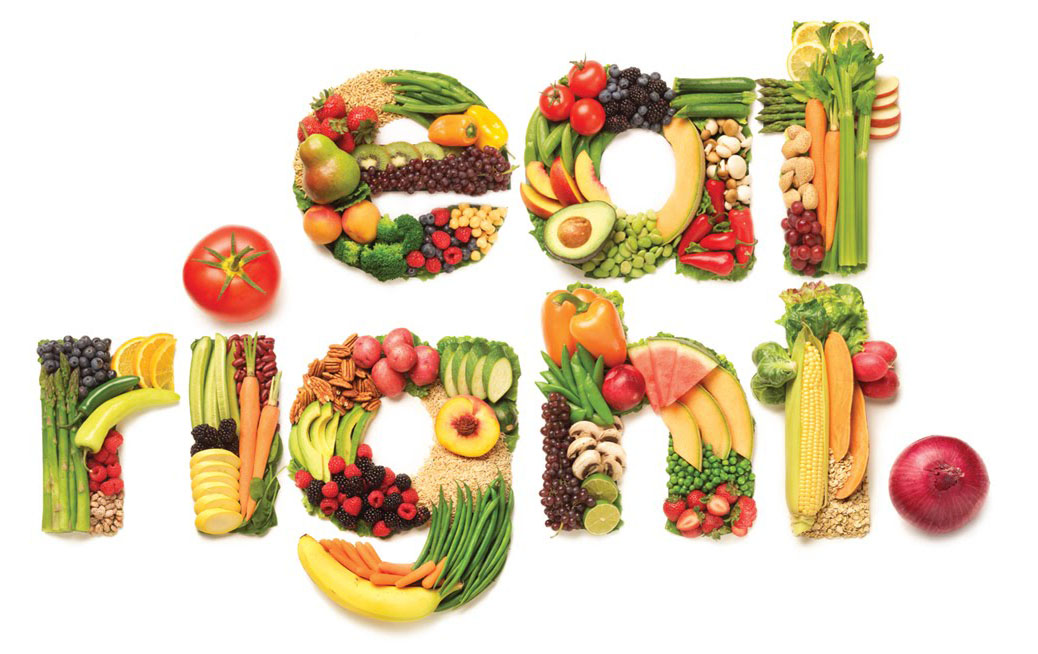Nutrition is sum of the processes by which an animal or plant takes in and utilizes food substance which affects our health. Food consists of macronutrients including protein, vitamins, minerals, carbohydrate and fat. This fat not only offers calories to fuel the body and give it energy but also plays a specific role in maintaining health. Nutrition plays a very important role in growth and development of an individual. People with adequate nutrition are found to be more productive and are at lower risk of non-communicable disease such as diabetes.
Eating habits:
● Drink plenty of water.
● Avoid processed food - Stick with real food like vegetables, fruits, lean meats, nuts and low-fat dairy.
● Get into the habit of eating breakfast every day; it can help reduce snacking later on. Avoid getting extra hungry or eating too much.
● Eat a balance of 45 percent carbohydrates, 30 percent proteins and 35 percent good fats.
● Increase the amount of healthy vegetables such as zucchini, spinach, and tomatoes.
● Limit salt, sugar, alcohol, saturated fat & trans-fat in your diet.
If you take care of yourself, you can keep your cholesterol and blood pressure within a safe range thus decreasing your risk of cardiovascular disease.
Exercise habits:
Exercise in the morning. It's easier to stick to your good habits if you have a comrade. Participate in a variety of activities you enjoy, whether it's walking, running, aerobics, or tennis. Track your progress - You know you are on the right track when you sleep better, think more clearly, have a lower resting heart rate and feel stronger.
Balanced diet:
A balanced diet is one that fulfills all of a person's nutritional needs to stay healthy without going over the recommended daily calorie intake.
Components of a balanced diet:
●Carbohydrates. A vital source of energy, carbohydrates comprises about 60% of an individual's diet.
● Protein. Protein is needed to assist your body to repair cells and make new ones.
● Fats, Vitamins, Minerals and Water.
Malnutrition:
Malnutrition is a serious condition that happens when your diet does not contain the right amount of nutrients (poor nutrition). Two types:
1) Undernutrition – not getting enough nutrients
2) Overnutrition – getting more nutrients than needed
Signs and symptoms of malnutrition:
• Feeling tired and weak all the time
• Getting ill often and taking a long time to recover
• In children, not growing or not putting on weight at the expected rate unintentional weight loss – losing 5% to 10% or more of weight over 3 to 6 months is one of the main signs of malnutrition
• A low body weight – people with a body mass index (BMI) under 18.5 are at risk of being malnourished
• A lack of interest in eating and drinking






0 comments:
Post a Comment